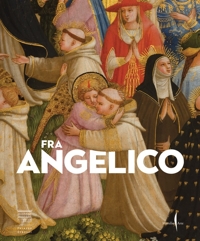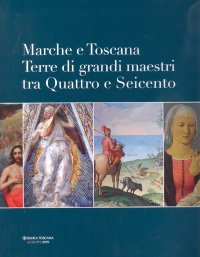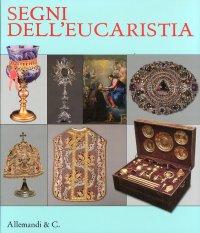Beato Angelico
Firenze, Palazzo Strozzi, September 26, 2025 - January 25, 2026.
Edited by Carl Brandon Strehlke.
Testi di Stefano Casciu, Marco Mozzo, Angelo Tartuferi.
Venezia, 2025; bound, pp. 456, 300 col. ill., cm 24x29.
cover price: € 80.00
|
Books included in the offer:
Beato Angelico
Firenze, Palazzo Strozzi, September 26, 2025 - January 25, 2026.
Edited by Carl Brandon Strehlke.
Testi di Stefano Casciu, Marco Mozzo, Angelo Tartuferi.
Venezia, 2025; bound, pp. 456, 300 col. ill., cm 24x29.
FREE (cover price: € 80.00)
Marche e Toscana. Terre di grandi maestri tra Quattro e Seicento
Ospedaletto, 2007; bound, pp. 320, col. ill., col. plates, cm 25,5x29.
FREE (cover price: € 77.00)
Segni dell'Eucarestia
Edited by M. Luisa Polichetti.
Ancona, Osimo, Loreto Jesi, Senigallia, Fabriano e Metelica, 23 giugno - 31 ottobre 2011.
Torino, 2011; paperback, pp. 221, b/w and col. ill., cm 24x28.
FREE (cover price: € 32.00)
Baciccio. Giovan Battista Gaulli (1639-1709)
Petrucci Francesco
Ugo Bozzi Editore s.r.l.- Edizioni per la Storia dell'Arte
Roma, 2009; bound in a case, pp. 728, 700 b/w ill., 170 col. ill., 700 b/w plates, col. plates, cm 24,5x27,5.
ISBN: 88-7003-046-6 - EAN13: 9788870030464
Subject: Essays (Art or Architecture),Monographs (Painting and Drawing),Painting
Period: 1400-1800 (XV-XVIII) Renaissance
Places: Ligurian,Rome
Languages: 
Weight: 4.78 kg











